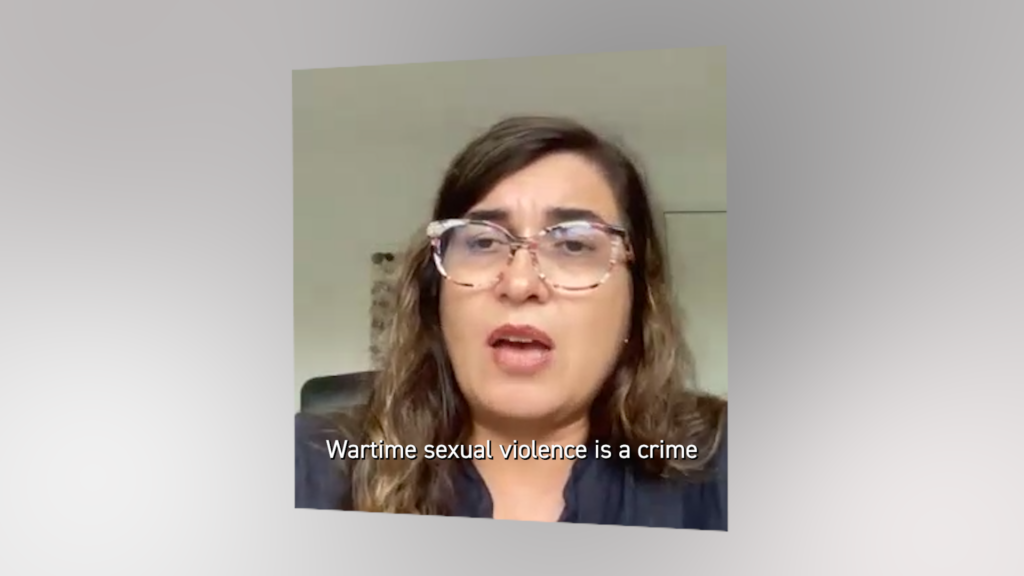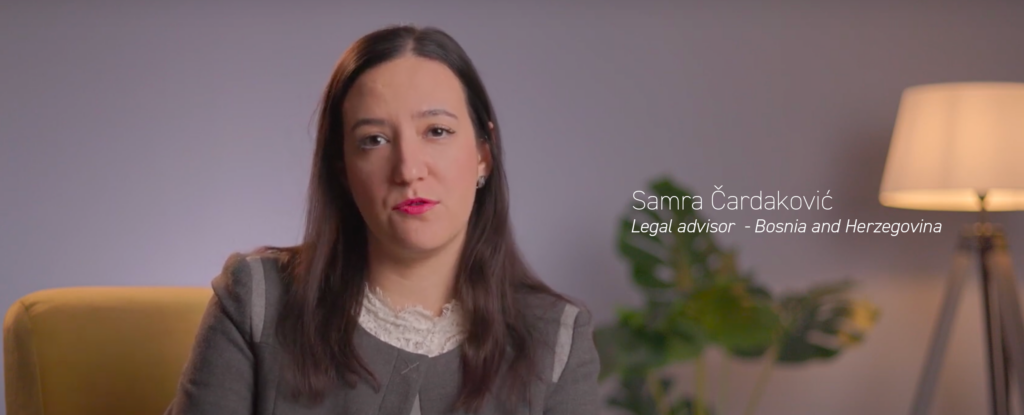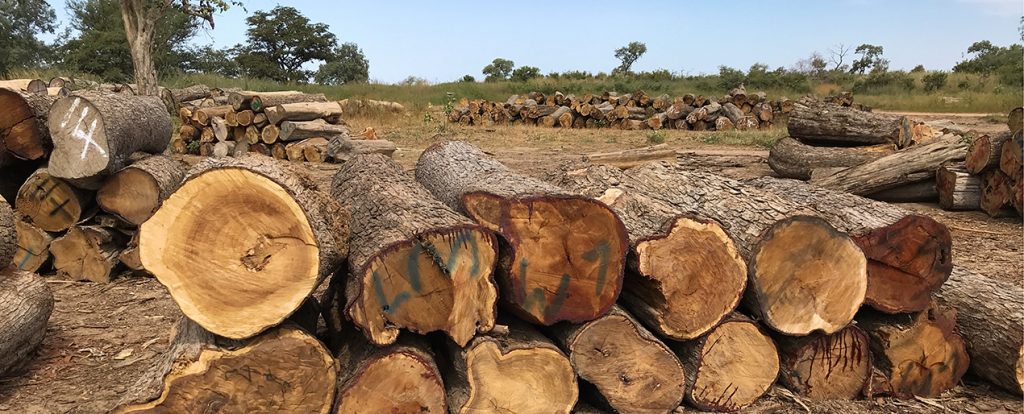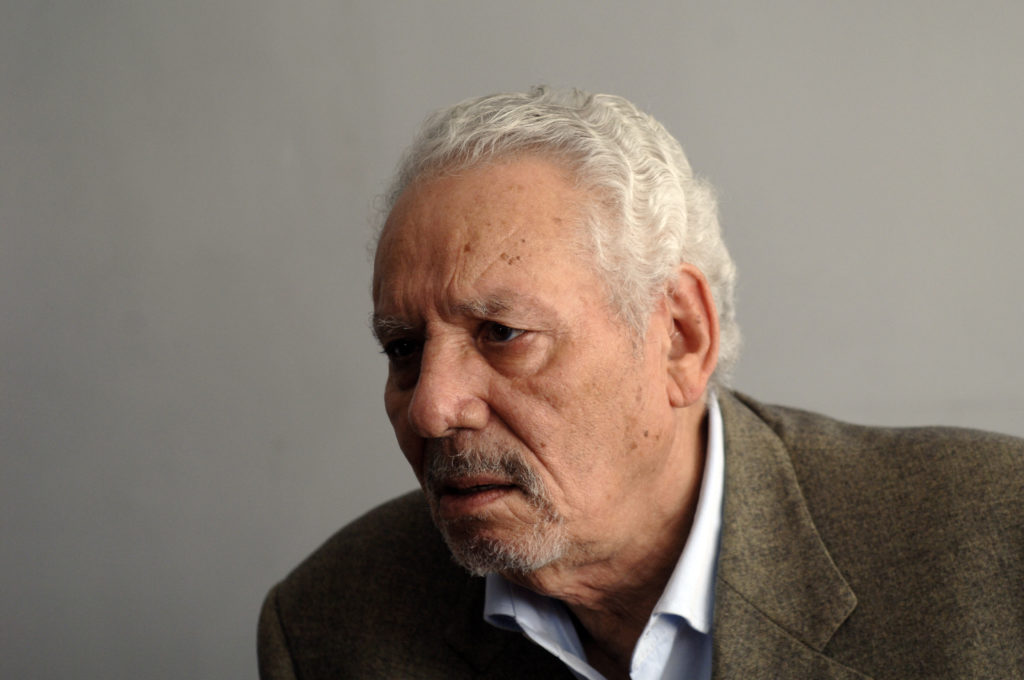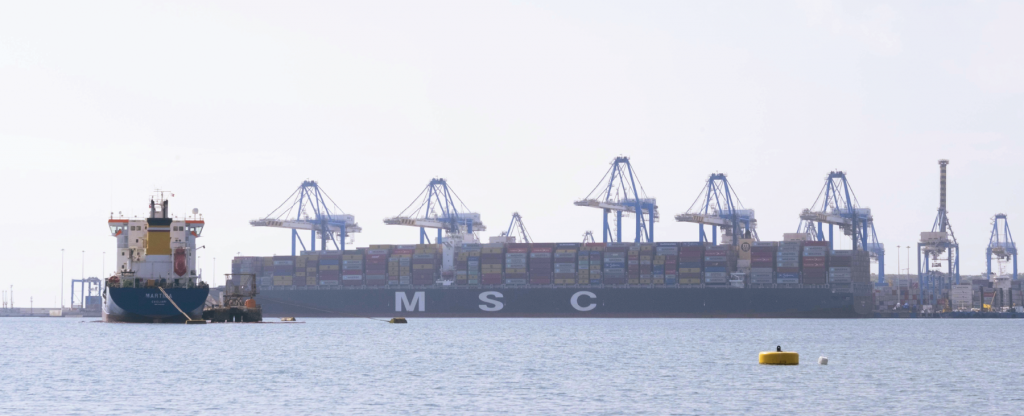Lemera/Mulenge case: the long way from conviction to reparations in DRC
The case of seven women whose rapists were convicted in 2011 epitomizes the gap between a guilty verdict and truly satisfying, restorative justice.
In the summer of 2009, the Congolese army launched “Operation Kimia II” in South Kivu, aiming to track down members of the non-state armed group FDLR. An army battalion was deployed in the town of Mulenge and by mid- August, fleeing fierce combat between the FDLR and the army, most of its civilian population had relocated in the nearby village of Mugaja.
Horrendous crimes lead to prompt convictions
When food ran out, a group of displaced civilians decided to head back to Mulenge, hoping to crop their fields there. Seven women, including one blind woman and two pregnant ones, were part of that group. When they arrived in Mulenge on 18 August 2009, they were attacked and raped by a handful of Congolese soldiers.
On 30 October 2010 the military tribunal in Uvira found five Congolese soldiers guilty of crimes against humanity for the seven rapes in Mulenge. In addition, the tribunal ordered the State of DRC to pay 50’000 USD to each of the victims, in reparation of the material and psychological harm. On 7 November 2011, the military court of appeal confirmed the verdict.
But the story does not end there
The reparations determined by the court were not implemented, and none of the victims received a single dollar.
On behalf of the Mulenge women, TRIAL International submitted a file for reparations to the competent authorities in Kinshasa (the capital of DRC) in June 2015. After more than five years of endless procedures and negotiations with the relevant authorities, still no compensation had been paid. More precisely, the Budget and Finance Ministries were at a stalemate, waiting for the Ministry of Justice to authorize the actual payment.
Sadly, this practice is very common: at the time of writing, no victim of international crimes has been correctly compensated by the State. In February 2017, TRIAL International filed an amicus curiae in a similar case before the African Court of Human and Peoples’ Rights, arguing that impediments to effective reparations in DRC were structural, deep-rooted and generalized.
Read more about the amicus curiae
In the summer of 2016, TRIAL International lodged a complaint before the UN Human Rights Committee to engage the State’s responsibility for its failure to act in the Mulenge case.
In November 2021, the Human Rights Committee issued its decision, which recognized that the DRC had violated the rights of the seven women of Mulenge. In particular, the lack of effective compensation by the Congolese state aggravated their stigmatization and suffering and violated their right not to be subjected to torture, their right to access to a court and to an effective remedy, and their right not to be discriminated against on the basis of gender.
The Committee called on the DRC to fully execute the judicial decision, compensating the beneficiaries for the excessive delay, and to provide appropriate psychological rehabilitation, medical support, and social and economic reintegration measures.
Why is this case so important?
Contrary to the commendable steps taken by the Congolese judicial authorities to sanction the perpetrators of mass crimes, so far no progress has been achieved in terms of reparations to victims.
Read more about victories against impunity in DRC
The Mulenge case is one of the few cases for which the whole compensation procedure has been completed. Therefore, a simple decision by the Ministry of Justice could make the compensation payment to the victims a reality.
Unfortunately, contrary to most countries, the payment of monetary reparation in DRC is not automatic. It is subjected to an extremely long, complex and expensive enforcement procedure. Secondly, the compensation procedure presents a political component according to which the decision to actually pay is completely discretionary.
It is these structural hurdles that TRIAL International hopes to remove with the Mulenge case. Creating a precedent could pave the way to thousands of victims still waiting for the promised reparations.



